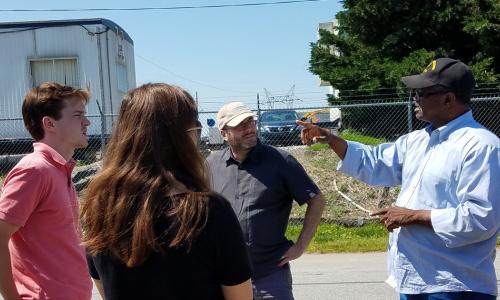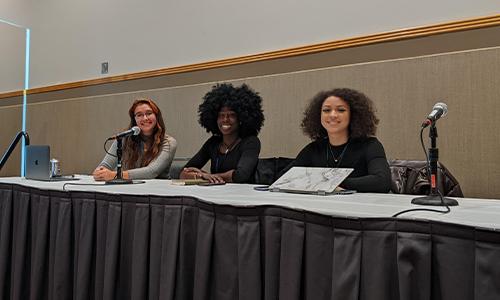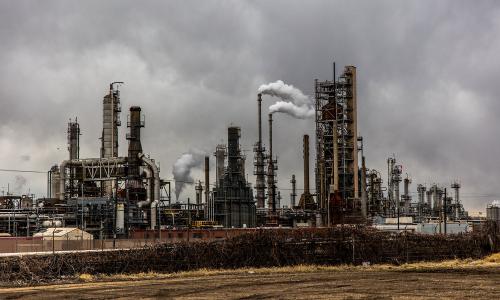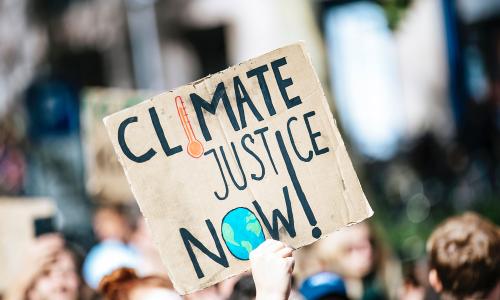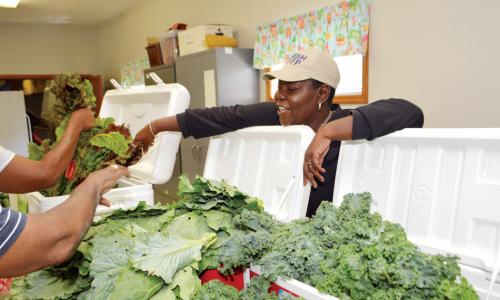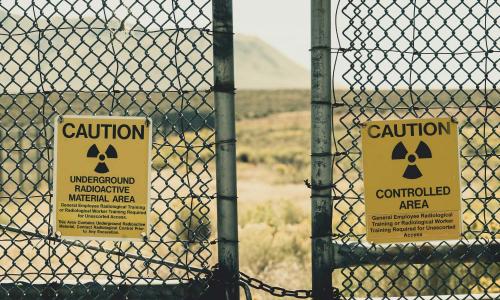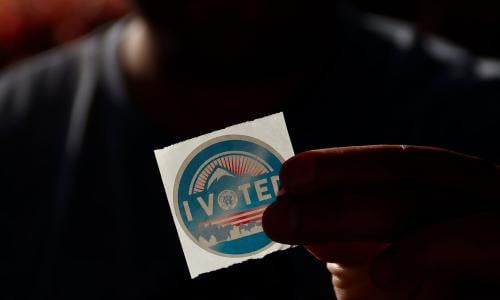Table of Contents
Why does UCS work for racial equity?
The short answer is: because we are human beings who believe in justice, and we want our work to reflect that belief.
Here's a longer answer:
Racism is an inescapable reality in the United States. The legacy of white supremacy continues to harm those of us who are Black, Native American, Latinx, or members of other racially marginalized groups. These communities face unjust burdens that include violence, disenfranchisement, economic oppression and exploitation, unequal access to resources such as health care and education, and disproportionate exposure to environmental risks. Many of these burdens intersect directly with the work UCS does.
So, as an organization that works for “a healthy planet and a safer world,” we must address the reality that health and safety are enjoyed unequally across racial lines in our country. Ending these inequities must be an integral part of our mission and our daily work. And a commitment to facing facts means we must be willing to talk about racism explicitly, listen to those who've been hurt by it, and confront it both in the world we seek to change and in our own assumptions and actions. UCS as an organization has not always lived up to these ideals and is working to do better.
Racism and science
Science is a powerful tool for solving problems and making people’s lives better. But it has been used to do harm and obstruct progress as well. The story of science’s role in supporting racist oppression is long and shameful, including medical and surgical experiments performed without consent on enslaved Black people and their descendants, and eugenics theories that inspired Nazi racial ideology and led to tens of thousands of forced sterilizations of Black, Native and Latinx people in the US.
Today, racism continues to distort science in important ways, such as the persistence of racist theories of intelligence and the significant gaps in medical knowledge and healthcare outcomes for communities of color driven in large part by decades of research focused primarily on white men. Thus it should come as no surprise that many members of racially marginalized communities regard science and scientists with a well-grounded mistrust.
However, when science is engaged on the side of justice, it can be a crucial, game-changing resource for burdened communities. So it’s vitally important for scientists and their allies to use their expertise to address equity issues and build trustful, equal partnerships with people fighting for justice.
Addressing racial equity in our work
UCS has made it an organizational priority to bring our commitment to racial equity to our advocacy campaigns and projects. We still have a long way to go, but we are learning and improving. Below are some examples of our work and commentary over the past few years where racial equity has been an important focus.
Environmental justice
Fenceline communities located near chemical plants, refineries, and other hazardous sites face elevated risks of serious illness and death. And they are likely to be communities of color.
Climate justice
Climate change is ultimately everybody's problem. But communities of color are often on the front lines, hit "first and worst" by climate impacts such as hurricanes, sea level rise, and extreme heat.
Food justice
Our food system's failures hit people of color hardest, whether it's lack of access to healthy food, exploitation of food and farm workers, or the erasure of Native American foodways.
Nuclear weapons justice
A tiny number of decisionmakers in a handful of countries impose existential danger from nuclear weapons on the rest of the world, diverting billions of dollars away from much-needed causes and towards these destabilizing and unjust weapons. The frontline communities most harmed by the production, testing, and use of nuclear weapons are disproportionately from Indigenous communities, communities of color, low-income, and rural communities. Eliminating nuclear weapons is essential to creating a just and sustainable future.
Voting rights
In a healthy democracy, marginalized communities could use the political system to overcome inequities—but in the United States, gerrymandering, voter suppression, and other forms of disenfranchisement too often block that path.
Access to science
Whether it's life-or-death issues like gun violence research, more subtle but far-reaching topics like search algorithms, or career opportunities in STEM fields, people of color lack access or face barriers to technical information, resources, and participation.
Addressing racial equity as an organization
As an organization, we are continually building capacity to advance racial equity as we work to achieve our mission. Part of this effort includes creating an organizational culture that encourages communication and learning around implicit bias, institutional and structural racism, and how these issues play out within our workplace, in the problems we work on, and more widely within US society. All UCS staff receive a basic racial equity training to ensure that we share language and concepts.
In addition, we've redesigned our hiring practices to increase the racial diversity of our candidate pools for open positions.
UCS is committed to building an inclusive workplace culture where talented people of widely diverse backgrounds can thrive. We believe that welcoming diverse perspectives will improve our work and produce better societal and environmental outcomes for all, including historically disenfranchised communities. Staff participate in this commitment both internally, in building a welcoming workplace culture, and racial equity is an integral component of our scientific analysis and our campaigns
